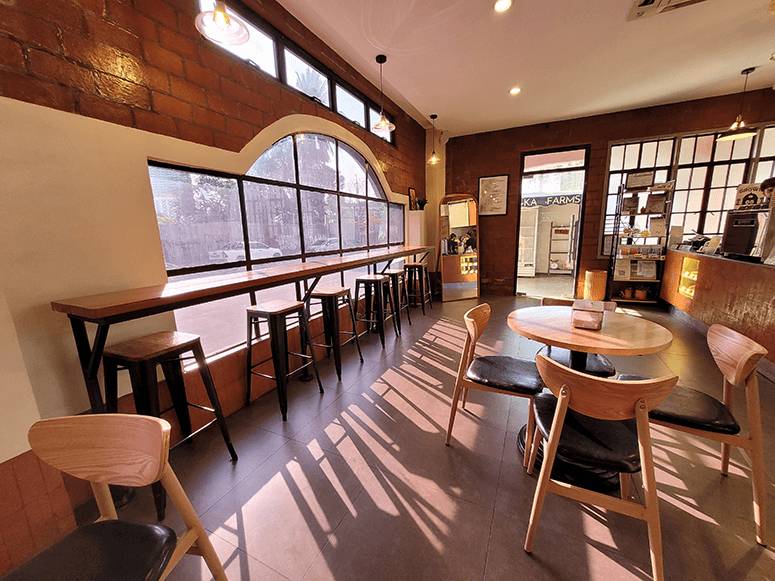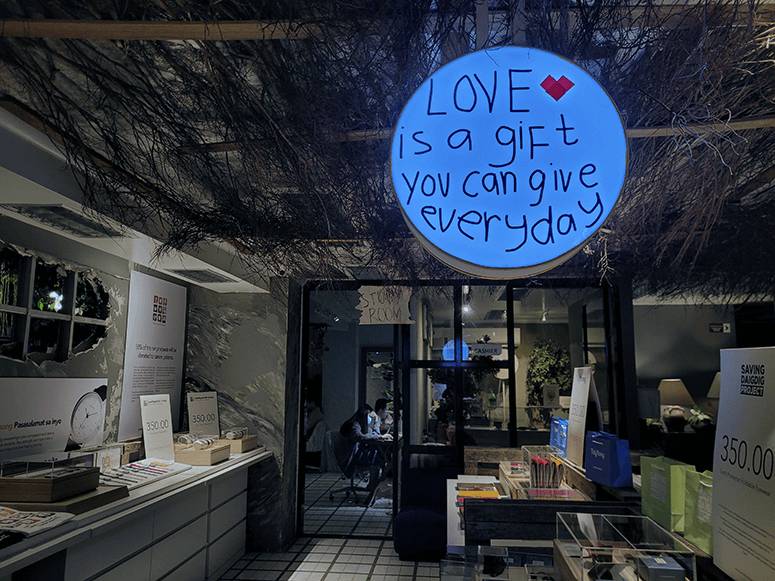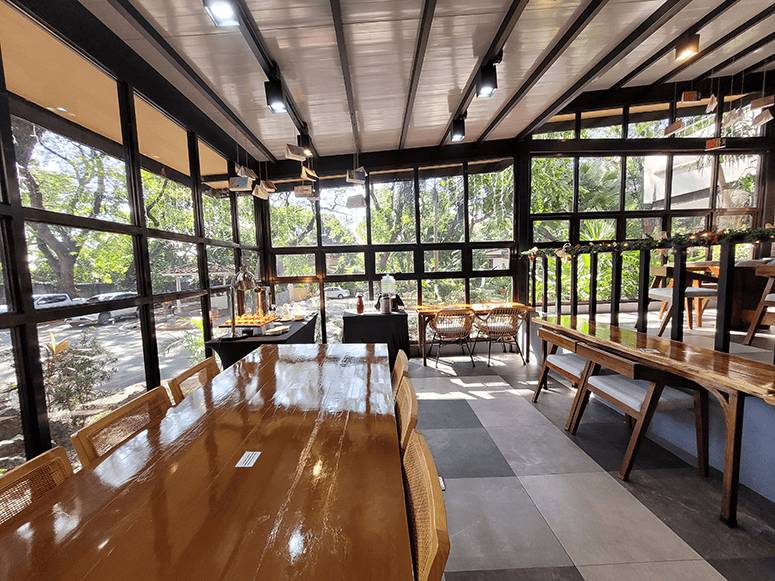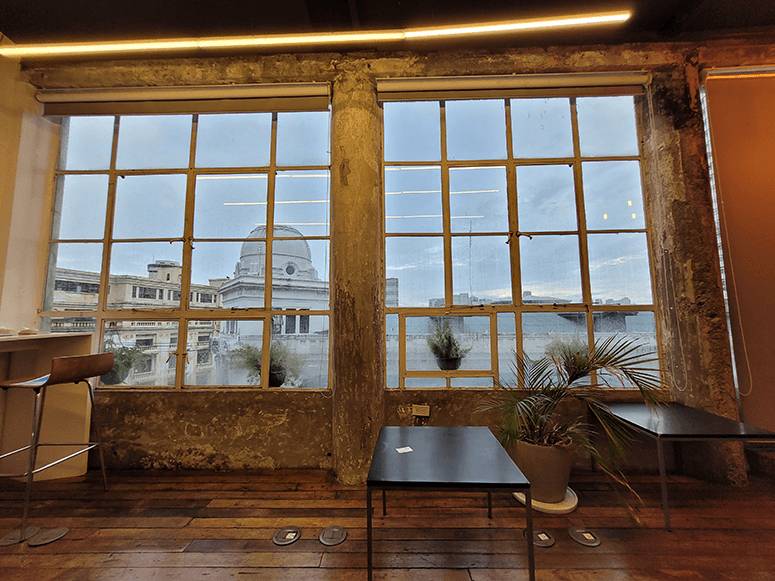Need a dose of creativity to kickstart your year? If you’re a work-from-anywhere employee or student in need of a space to study, you might find it helpful to stay in a co-working space or creative cafe occasionally.
As a freelance writer who likes to work outside the house when faced with writer’s block or tight deadlines, I’ve found that the change of scenery, sense of community and more structured setting can help spark inspiration. Cafes are the easiest escape but unfortunately, most regular cafes are not conducive to working because of the noise, lack of WiFi and other distractions.
As the rise in remote work has led to a demand for flexible office spaces, real estate investors can bring additional value to their properties by adding co-working spaces. Here are a few features remote workers seek when picking where to work for the day.
Location and accessibility
The main factor for a good co-working space is the location and accessibility of a space. Naturally, you’d pick a place to work conveniently near your home or key transport hubs to save on travel time and costs. Easy access to public transportation, parking and other essential services like cafes, restaurants, and shops play a factor in picking a remote office for the day.
In the past few years, I’ve found notable neighborhood cafes where I can easily walk, bike, take a scooter and park nearby to get some work done. Some cafes ideal for studying and working in the Maginhawa area include SGD Coffee, Corner 26, Daily Habit, XWave Specialty Coffee, CUPS, Papa Diddi’s, and DeJa Brew, to name a few.
Dedicated co-working hubs might be a better option for those who need to stay the whole day or plan to use the space regularly. Happy Hive in Matimtiman Street provides coworking spaces for students, freelancers, and startup companies with rates available for daily, weekly or monthly workstations.
Reliable WiFi and power
Another factor in picking a co-working space is thehigh-speed internet. Most people’s jobs are highly dependent on having WiFi. It’s pointless to leave your house to go to a place with slow or no internet unless you’re looking to get work done offline. WiFi isn’t always a necessity. If you’re writing, doing graphic design, or working in other creative fields, it can be somewhat helpful to work without WiFi to minimize distractions and social media scrolling.
Some cafes provide unlimited WiFi if you order drinks or food, while others have hourly vouchers, which are ok for short work sessions. An uninterrupted power supply is essential in a coworking space. Remote workers usually look for sockets near tables to ensure an uninterrupted workflow.
Safe and conducive workspaces
The ideal work or study cafe is well-lit, not noisy, and climate-controlled so you can work productively. While many cafes are great for eating or grabbing a quick coffee, some are so small that it would feel awkward to take up a table for the day with just one drink. Other spots may be ideal for lounging or catching up with friends, but too noisy for working.
Most remote workers would prefer a private table or some sense of seclusion for studying and working. Some feel more productive lounging on a couch, while others like working from a traditional chair and desk. Long bar-type seating areas are useful for singles when space is tight. Having a variety of workspaces and environments means there’s a space where everyone can be productive.
Security is also important for those who need to step out for calls or visit the restroom. Having CCTV cameras, lockers or the presence of staff willing to keep an eye on your belongings always helps.
Comfortable vibe
Many modern co-working spaces focus on aesthetics before considering other more important factors such as lighting, smell, and noise around the area. Small things like the glare of sunlight at certain times of the day or noise from passing vehicles can become annoying and interfere with anybody’s ability to focus on tasks.

Dim or poor lighting, poor venitlation, constant noise, or weak air-conditioning can affect productivity and lead to zero motivation to work. While Instagram-worthiness may ensure you get a steady stream of first-time users, repeat customers will look for the overall experience and decide if it’s a place they want to work in again.
Magdamag Market Cafe in Sgt. Esguerra is a good option if you live or have easy access to the area. The good food, cozy vibe, inviting atmosphere, and convenient parking make it an ideal choice for anyone looking for a productive, yet relaxed co-working space.
Add-on amenities and services

The amenities and services provided by the coworking space can greatly enhance your work experience. Those who plan to use the space regularly might appreciate access to printing and copying services or kitchen facilities. Additional perks like free coffee, food, and good views can make your workday more enjoyable.
Small private meeting rooms for rent are great for in-person meetings or helpful for those who have to go on Zoom meetings. While most of the cafe is dimly lit and suitable for catch-ups, Our Humble Beginnings, a cafe in Kamias has dedicated study rooms that can be closed off for those who want a more private area to work.

If you need to spend the whole day, The Glass House Study Hub beside the University Hotel inside UP Diliman is a great spot, with rates of P500 for unlimited access for one day (8am-5pm) inclusive of a special menu exclusive for guests (unlimited coffee and mini-sandwiches). The hub has a large selection of books for reading and for sale. Being surrounded by books and the view of lush greenery from the windows can turn a routine WFH workday into a novel experience.
Flexible hours
Most cafes and co-working spaces maintain regular office or dining hours, which can be challenging for those who have a deadline or work during graveyard shifts. Meanwhile, some students seek out spaces for all-nighters and cramming sessions, and usually end up in fast-food joints for the lack of options.

If you’re based in Manila, the First Co-Working Community in the First United Building in Escolta is open 24/7. This stunning space is located inside a 96-year old heritage building offers fast fiber optic internet, open desks and meeting areas, a chill lounge area where you can nap, printer, copier and scanner, and unlimited coffee, water and tea for as little as P70/hr, P250/half-day and P400 for a full day (8 hours).
Most hotels cater primarily to in-house guests, but lobby lounges and cafes could be maximized for co-working spaces. Hotel operators can capitalize on the need for remote work spaces by providing WiFi and coffee promos or allotting specific areas for non-staying guests.
Rooftop bars and terraces can also double as co-working areas during the day. Imagine being able to enjoy fresh air, stunning views, and a relaxed vibe with happy hour promos for afternoon work or casual meetings before peak dining hours even if you’re not checked into a hotel.
By understanding what remote workers look for, property investors in the F & B industry can tap into a growing market and create flexible, attractive environments that cater to the future of work.
For more travel articles, visit the author’s blog Travel Up (www.traveling-up.com)
